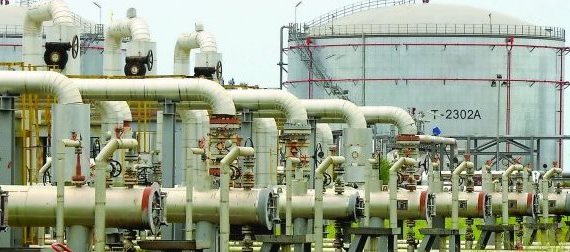South Sudan has suspended crude oil pre-sale contracts to attract competitors in the sector with better prices, a senior official said on Friday.
“The president has directed that all pre-sale contracts should be suspended because this pre-sale contract is not healthy. It is actually destroying the economy,” said information minister, Michael Makuei.
“When you sell to a company without any competition, definitely you agree on certain rates, but when it is a free competition, you give it to the highest bidder. That is what happened,” he added.
On June 15, President Salva Kiir set up a committee to investigate mechanisms used in pre-sales of the country’s crude oil, barely three weeks after he sacked oil minister, Ezekiel Lol Gatkuoth.
The minister said the free competition has enabled the government to get good prices for oil on the market.
“We have managed to get good prices for the market for our oil and especially the oil of Melut, which is heavy and the light one which is in Unity State, and so they have actually got better rates than before,” Makuei told reporters in Juba.
“In the coming few months, our economic situation is likely to improve,” he stressed.
Makuei said the petroleum minister, Awow Daniel Chuang directed oil companies given the lifting to remit all revenues to the Central Bank.
“It is the central bank that will pay off all the outstanding dues… A remittance of 30,000 barrels of crude to the Chinese Export-Import Bank will be made by the Central Bank. This is in order to avoid any dealings on the revenue because the Ministry of Petroleum is a revenue generating institution and not a spending agency,” he said.
Oil-rich South Sudan is struggling to increase oil production, months after the signing of the revitalized peace accord in September 2018.
Currently, the country pumps 175,000 barrels per day of its crude oil.




